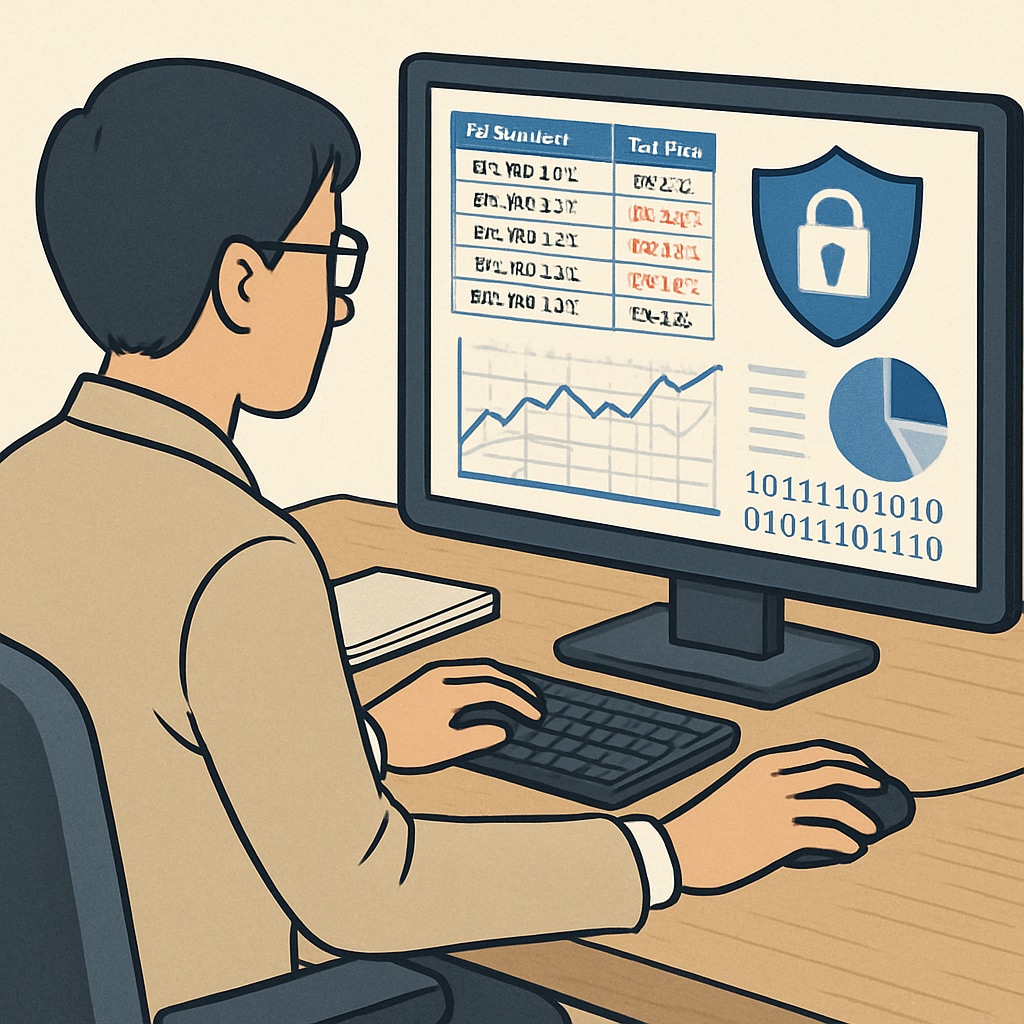With the rapid advancement of technology, “cybersecurity, data science, career choices” have emerged as critical topics for students planning their futures. Both fields offer lucrative opportunities and are pivotal to the functioning of modern industries. For K12 students, understanding the differences between these domains and taking proactive steps during their formative years is essential to making informed career decisions.
Understanding Cybersecurity and Data Science
Before delving into career preparation, it’s crucial to understand the core differences between cybersecurity and data science. Cybersecurity focuses on protecting systems, networks, and data from malicious attacks. Professionals in this field work to safeguard sensitive information and ensure the integrity of digital infrastructures. For example, cybersecurity experts might develop firewalls or monitor systems for potential breaches.
On the other hand, data science revolves around extracting insights from large datasets using statistical methods, machine learning, and programming. Data scientists help organizations make data-driven decisions, whether by analyzing customer behavior or predicting market trends. Both fields require technical expertise, but their goals and methodologies differ significantly.

How K12 Students Can Prepare for Cybersecurity Careers
If cybersecurity appeals to a student, foundational skills in computer science, mathematics, and problem-solving are vital. Schools can introduce coding classes, cybersecurity competitions, and basic encryption techniques to spark interest. Additionally, certifications like CompTIA Security+ or beginner-level ethical hacking courses can provide early exposure to the field.
- Encourage participation in cybersecurity clubs or online hackathons.
- Introduce concepts like network security, malware detection, and data protection in high school curricula.
- Promote awareness about digital ethics and the growing need for cybersecurity professionals.
Preparing for a Data Science Pathway
For students inclined towards data science, proficiency in mathematics, statistics, and programming is essential. Schools can integrate courses on Python, R, or SQL, as these are widely used in data analysis. Furthermore, encouraging students to explore topics like machine learning and artificial intelligence can be beneficial.
- Offer hands-on projects involving data visualization and analysis.
- Introduce tools like Excel, Tableau, or Jupyter Notebooks in classroom settings.
- Collaborate with local businesses to provide real-world data internships for students.

Building Transferable Skills in K12 Education
Regardless of the chosen field, there are universal skills that benefit both cybersecurity and data science aspirants. Critical thinking, problem-solving, and teamwork are essential for navigating the challenges in these professions. Schools and parents can foster these skills by encouraging participation in STEM activities, group projects, and extracurricular programs.
In addition, communication is key. Both cybersecurity professionals and data scientists must explain complex concepts to non-technical audiences. Public speaking courses or debate clubs can help students build confidence in articulating their ideas.
The Role of Parents and Educators
Parents and educators play a pivotal role in guiding K12 students toward suitable career paths. By exposing students to various resources, such as books, documentaries, and workshops, they can help young learners identify their interests. Furthermore, connecting students with mentors in cybersecurity or data science can provide invaluable real-world insights.
For example, parents can enroll their children in summer camps focused on coding or offer tools like Raspberry Pi to explore cybersecurity projects at home. Similarly, educators can invite guest speakers from tech industries to discuss career opportunities, inspiring students to pursue their passions.
Ultimately, the goal is to create an environment where students feel empowered to explore these fields early on and make informed career decisions.
Readability guidance: Keep paragraphs concise and use lists for clarity. Maintain a balance of technical content and practical advice. Ensure that examples and transitions are evenly distributed for better flow.


